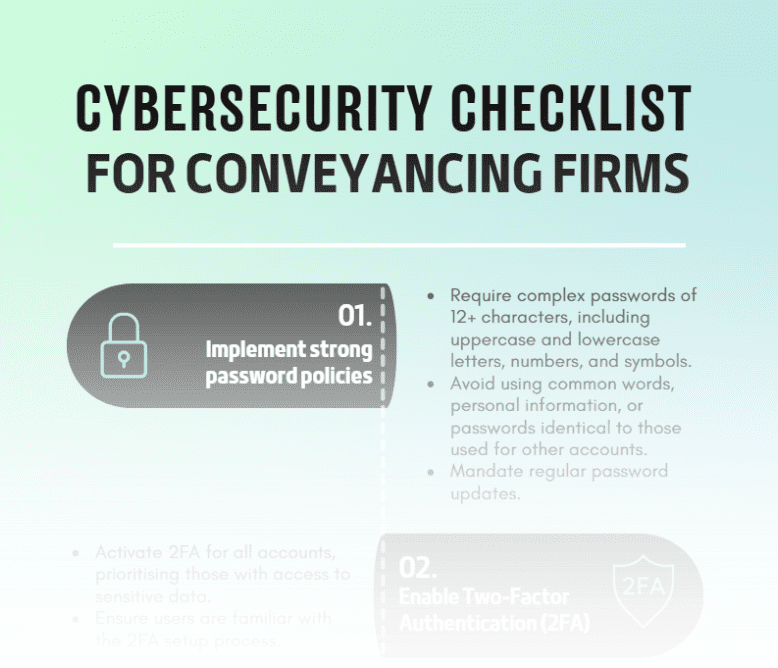Besides commonly used technologies like Office 365 and Search Platforms, the conveyancing sector is now exploring advanced options such as Artificial Intelligence (AI), Machine Learning (ML), and the Internet of Things (IoT).
AI and ML have emerged as game-changers for businesses worldwide, including conveyancing. They offer transformative capabilities that can revolutionise operations and decision-making. AI is used in chatbots, recommendation systems, natural language processing, and image recognition, while ML enables smarter decision-making and predictive analytics.
The conveyancing industry has embraced technology on an unprecedented scale in the last five years, entering a new era of modern conveyancing. The below is a break down of the upcoming technologies which conveyancers should know.
AI & ML breakdown
The benefits of AI and ML for conveyancing are substantial. They enable enhanced data analysis and insights, helping businesses understand consumer behaviour, target new markets, and improve efficiency. By leveraging these insights, firms can make informed decisions, optimise processes, and cater to evolving customer needs. Additionally, AI-powered customer service and support systems with virtual assistants and chatbots enhance customer satisfaction and productivity.
AI-driven automation is another area reshaping the conveyancing industry. Integrating RPA and intelligent algorithms reduces operational costs by delegating repetitive tasks to machines, freeing up human employees for strategic planning.
In terms of marketing and sales, AI and ML enable precise targeting of customer segments and personalised experiences, fostering lasting relationships with clients. However, businesses must address data privacy, security, and ethical concerns when adopting these technologies.
IoT breakdown
The IoT presents another promising opportunity for conveyancing firms. Through connected devices and applications, IoT enables automation, data collection, trust accounting, billing integration, and more, making homes efficient and secure.
IoT’s impact on businesses is vast, offering data-driven insights for better decision-making, process optimization, and innovative product development. Smart automation minimises downtime and manual errors, maximising productivity in industrial settings. Moreover, IoT enhances the customer experience by providing personalised and context-aware services, such as tailored communications for electronic signatures.
The IoT also opens new business models and revenue streams, allowing companies to offer subscription-based services and data-driven insights-as-a-service. However, businesses must address security and data privacy concerns associated with IoT implementation, especially in an industry handling substantial financial transactions.
Embracing AI, ML, and IoT can bring significant advantages to modern conveyancing, improving data analysis, customer service, and operational efficiency while creating new revenue opportunities. Nonetheless, firms should prioritise security and responsible data management to fully capitalise on these benefits.
Ultimately, convergence of AI, ML, and IoT offers the potential for a highly efficient and innovative conveyancing sector.
By adopting these technologies and being open to challenging traditional workflows, firms can unlock new efficiencies and save time on everyday tasks. To explore these opportunities, firms can learn more about the conveyancing practice management system, triConvey, by contacting triSearch.






